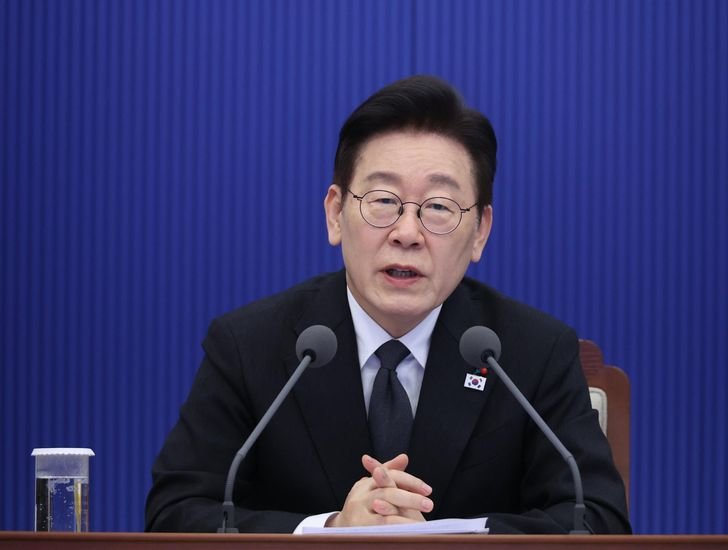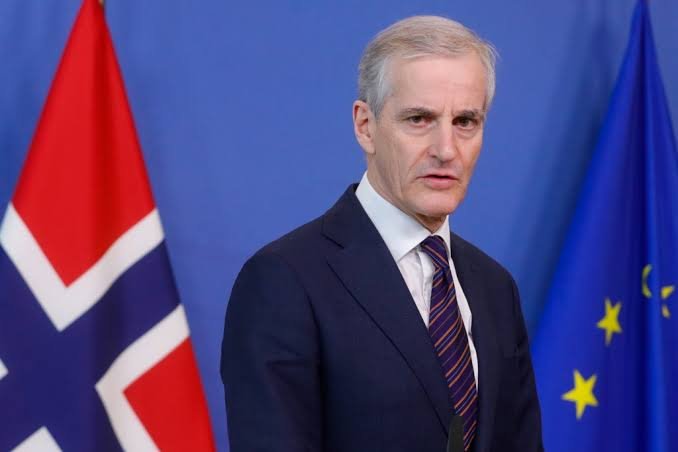Bangkok, September 08, 2024, The Europe Today: Thailand’s newly appointed government, under the leadership of Prime Minister Paetongtarn Shinawatra, is preparing to announce a comprehensive plan to address the country’s significant household debt crisis and stimulate economic growth. The draft policy statement, reviewed by Bloomberg News, reveals that the administration aims to restructure an estimated $474 billion in household liabilities, support small businesses, and accelerate fiscal stimulus efforts.
The proposed debt restructuring initiative is set to encompass the entire financial system, with a particular focus on alleviating the burden of car and home loans. The plan will be executed through state-owned financial institutions, commercial banks, and asset management companies. Additionally, the informal sector will benefit from this comprehensive approach.
Prime Minister Paetongtarn, who is scheduled to present the plan to parliament on September 12, is expected to address the urgent need for reform in response to household debt that exceeds 16 trillion baht—over 90% of the nation’s gross domestic product (GDP). Rising non-performing loans and growing economic inequality, particularly between Bangkok and the rural areas, are significant concerns for the new administration.
The policy statement will outline the priorities of Ms. Paetongtarn’s coalition government, led by her Pheu Thai Party and supported by various pro-establishment and royalist factions. Her appointment follows the dismissal of her predecessor, Srettha Thavisin, by a court over an ethical breach. As the youngest daughter of influential former leader Thaksin Shinawatra, Ms. Paetongtarn is now the third member of the Shinawatra family to lead Thailand.
Facing the challenge of revitalizing a $500 billion economy with a sluggish average growth rate of 1.9% over nearly a decade of military-backed rule, Ms. Paetongtarn will need to ensure stability and restore investor confidence. Her administration must navigate potential conflicts with the central bank, address manufacturing downturns, and sustain the recovery of the tourism sector.
In her upcoming address, Ms. Paetongtarn will highlight that without effective financial and fiscal measures, Thailand’s economic growth could remain under 3% annually, risking a rise in public debt close to the legal ceiling of 70% of GDP by 2027. The government is thus under pressure to swiftly rejuvenate the economy.
While Ms. Paetongtarn’s administration is expected to continue many of the policies introduced by her predecessor, it will also integrate elements from a recent economic roadmap presented by her father, Thaksin. The policy statement emphasizes the need for accelerated economic stimulus but does not provide details on the controversial cash handout plan previously pursued.














